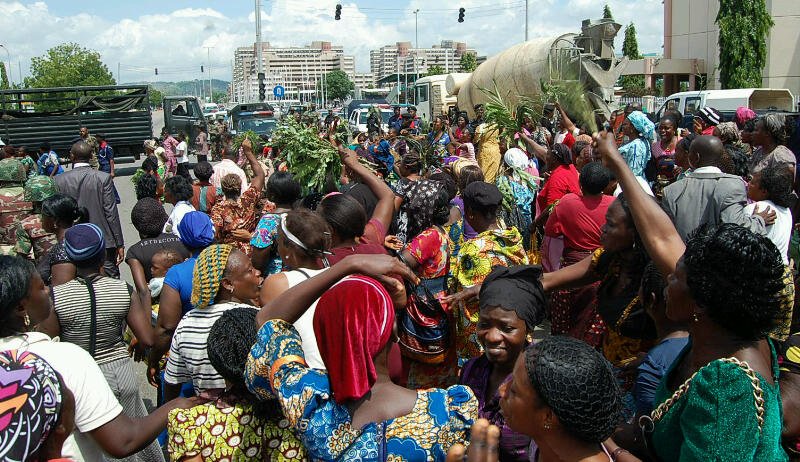Women traders at the bustling Yanga Market in Oleh, Isoko South Local Government Area of Delta State, have made a heartfelt appeal to the local government to address the absence of toilet facilities and introduce empowerment programmes to support their businesses.
The traders, who operate mostly in the evenings from around 4 p.m. to 11 p.m., say the lack of basic sanitation has made the market environment unhealthy and uncomfortable for both sellers and buyers.
Speaking with journalists, Mrs. Enugu Rachael, a catfish seller, lamented the situation, describing it as a serious health concern. “No toilet for market, and we dey stay here till midnight. E no good, e dey affect our health and make the place dirty,” she said in frustration.
Read also:
- Isoko South LG boss presents scorecard to Delta House of Assembly committee
- Isoko South LG chairman advises youth to strive for success
- Isoko South Chairman launches major Cassava farming initiative to tackle food insecurity in Delta
Another trader, Madam Joy, urged the Isoko South Local Government Council to support market women through small business loans and empowerment schemes. “If government fit help us with small loan or empowerment, our business go improve. Right now, na struggle we dey struggle every day,” she said.
Despite having electricity, Yanga Market still lacks essential infrastructure such as toilets and waste disposal systems. The traders argue that without these facilities, maintaining hygiene standards has become nearly impossible, posing risks to public health.
They also believe that structured empowerment programmes, especially access to microcredit and training, would enable many women to expand their businesses, sustain their families, and contribute more to the local economy.
The traders appealed to the Isoko South Local Government Chairman to prioritize the market’s development, noting that Yanga Market plays a vital role in the area’s evening economy.
As one of the most active night markets in Delta State, Yanga Market continues to attract hundreds of residents daily despite its poor sanitary condition. The women insist that with proper infrastructure and government-backed empowerment support, the market could become a model for grassroots economic growth in Isoko South.






